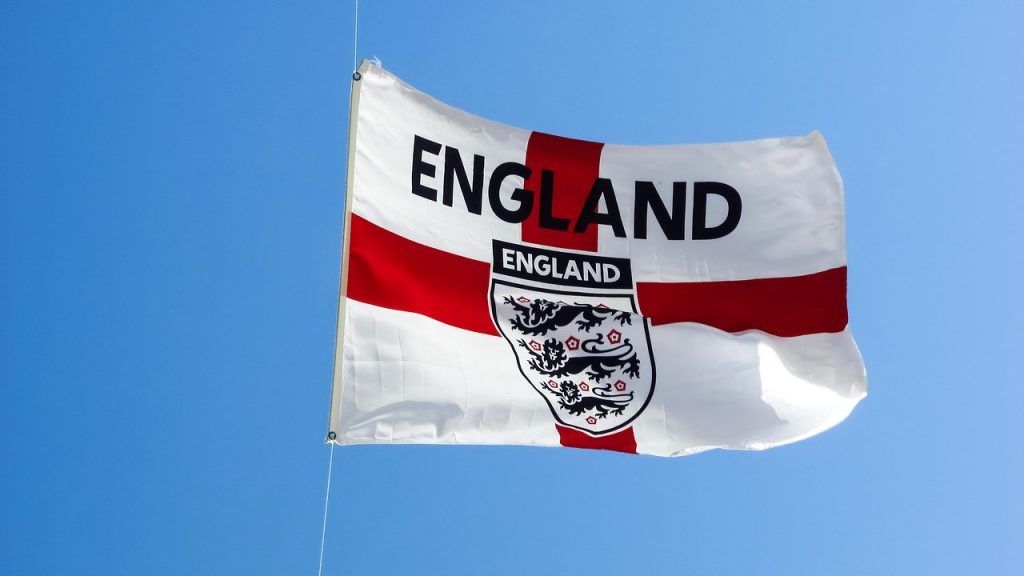Euro 2020 starts on Friday 11 June 2021, after the Covid pandemic delayed the tournament from happening last year. It is a unique event, playing across 11 countries in Europe, with the final match on 11 July. It will be notable for a number of other reasons too.
The first European Championship held across the continent will see 24 teams battling for victory.
It is the first major men’s tournament for Scotland since the World Cup in 1998. They are in the same group as England, with both countries hosting. Wales are attending their second Euros in a row, but are not hosting any games.
This year’s Euros is the first major men’s tournament in the UK since Euro 1996, and England could have home advantage in nearly all their games. Group games, a last 16 tie, both semi-finals, as well as the final, are all playing at Wembley. This means England only having to play one match overseas if they win their group and go all the way.

When, where, and how to watch Euro 2020
The competition kicks off on Friday 11 June in Rome with Italy v Turkey at 20:00 BST. The final is on Sunday 11 July at Wembley in London. Other host cities include Amsterdam, Baku, Bucharest, Budapest, Copenhagen, Glasgow, Munich and Seville.
England will play their three group matches at Wembley, Scotland will play their other two games at Hampden Park, while Wales play theirs in Baku in Azerbaijan and Rome in Italy.
All 51 games are available on Radio 5 Live, and are broadcast live on TV on either BBC1 or ITV1, so are free to view in the UK.
Many pubs across the nations will screen matches, with Covid measures in place, and guidelines adhered to. The official Uefa fan zone in England is at Trafalgar Square in London, where entry is free, and tickets allocated via ballot. The fan zone in Scotland is at Glasgow Green. There will also be special areas in Manchester, Birmingham and other UK cities.
Will fans attend matches?
All 51 games should have fans in attendance. Matches were moved from cities that could not guarantee allowing people into stadiums.
Puskas Arena in Budapest plans for 100% capacity with one of the largest crowds of 68,000 people. Meanwhile in the UK, Wembley Stadium and Hampden Park plan for around 25% capacity, with 22,500 and 12,000 fans respectively. As the tournament reaches later stages Wembley may allow more spectators. They could even see a full house of 90,000 if the final stage of lifting Covid restrictions happens on 21 June.
Elsewhere, St Petersburg and Baku plan for half filled stadiums, while Amsterdam, Bucharest, Copenhagen, Munich, Rome and Seville expect capacities between 22% and 45%.
Each region/country made their own decisions on how many people to allow at matches. Uefa had no say in it.
People going to matches must still follow international travel guidelines, restrictions and quarantine measures relevant for each country. Although some destinations are making exceptions.
What are the other impacts of Covid?
Due to smaller capacities at the stadiums, thousands of fans who bought tickets in 2019 have received cancellations and refunds.
Those lucky enough to still attend will have a few hurdles to clear before they are able to go, and each city has its own rules.
All supporters in attendance at every game will need to wear a face mask, unless they have a doctor’s certificate to show they are exempt. Fans are requested to stay in their seats as much as possible, and not come into close contact with others. Sanitiser stations will also feature throughout stadiums, with people encourages to make good use of them.
Negative Covid tests are needed for attending matches in Amsterdam and Seville, while St Petersburg plans to carry out temperature checks. Glasgow, Munich and Baku have not yet confirmed whether tests are required to enter their stadiums. Meanwhile, London, Bucharest, Budapest, Copenhagen and Rome will accept proof of vaccination or a negative test.
Each country will have a 26 player squad instead of the usual 23. This will allow managers more options in case of a Covid outbreak. A new rule will also see 5 substitutions allowed per match. There is no mandatory vaccinations for players, but they will be tested before each game, and must remain in squad bubbles.
The controversies of Euro 2020
With matches playing across different countries in Europe, there is a distance of 4,766km from Seville in the west of the continent to Baku in the east. This means significant amounts of air travel, both for players and fans going to watch their teams. This will have a huge environmental impact and carbon footprint. Although traffic volume will not be as large as it might have been if there were no Covid restrictions and more fans could attend.
As well as the environmental issues, many believe it is not wise to encourage fans from 24 nations to travel so much during a pandemic. The way the matches are spread across the continent has the potential for fans to visit up to five different countries in the space of a month.
Who are the favourites to win Euro 2020?
England are predicted to do well due to their home advantage.
Many consider World Champions France as the favourites, having a good track record at international tournaments. They also have a hugely impressive starting XI, boosted by returning striker Karim Benzema. Although they are in a tough group alongside defending champions Portugal and 2014 World Cup winners Germany.
Belgium stand a good chance to win their first major tournament, and are at the top of Fifa world rankings.
2008 and 2021 champions Spain enter the tournament in good form, having had only one defeat in 24 games.
Thank you for reading Euro 2020 Kicks Off: All you need to know about the Football Tournament

Looking for a storage solution for your garden furniture, tools and belongings? Look no further – Garden Sheds at affordable prices.